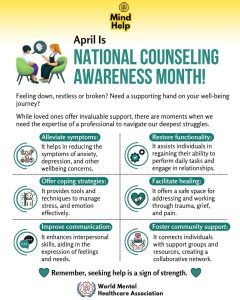The Vital Connection Between Relationships and Mental Health: Building Stronger Bonds for a Healthier Mind
In our fast-paced, modern world, the importance of relationships for mental health often gets overlooked. However, the bonds we form with others significantly influence our mental well-being. This article explores the intricate link between relationships and mental health, offering insights into how nurturing these connections can lead to a healthier mind. Understanding the Relationship-Mental Health […]















